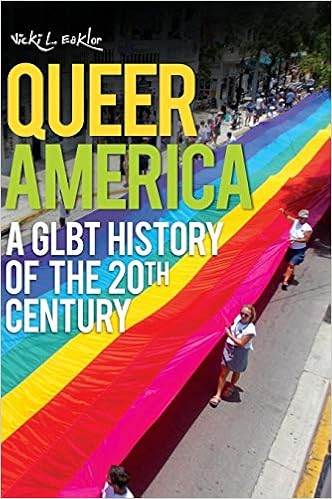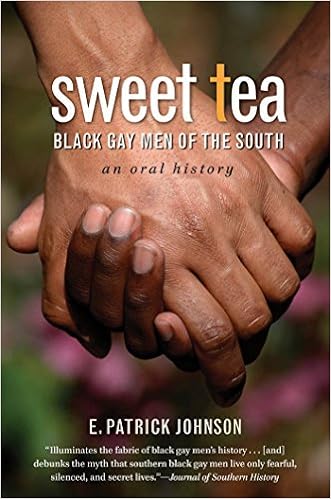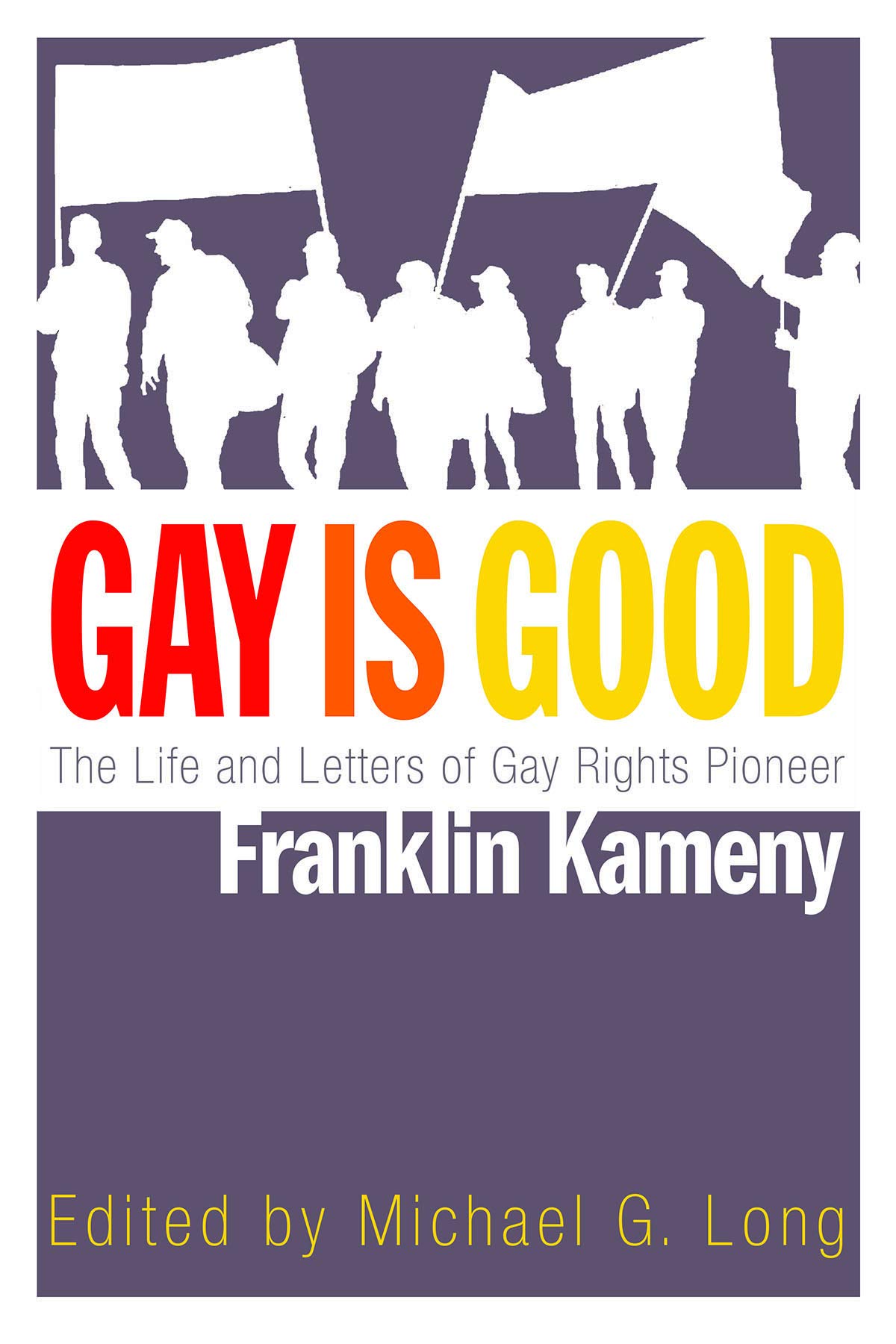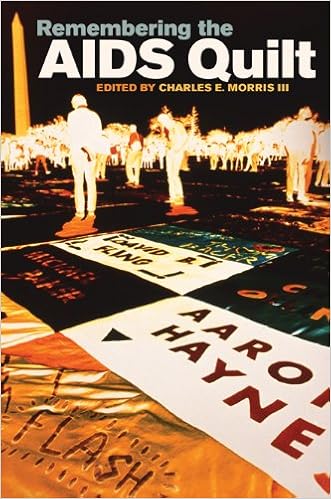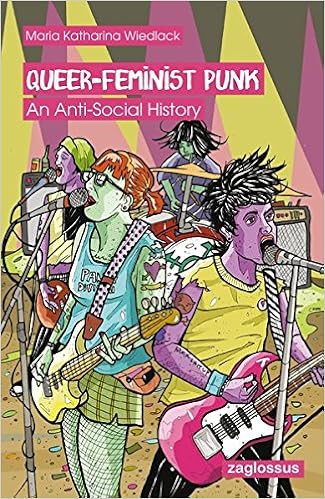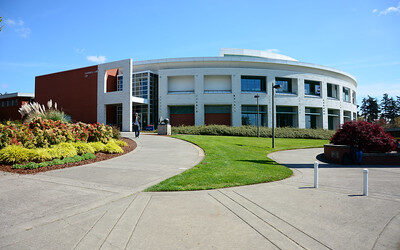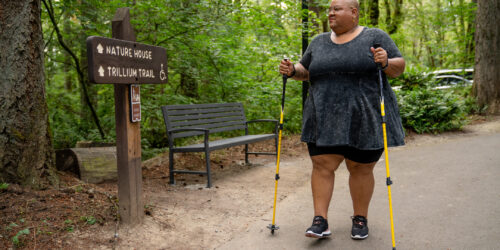June Display #1: The History of Queer Pride Month
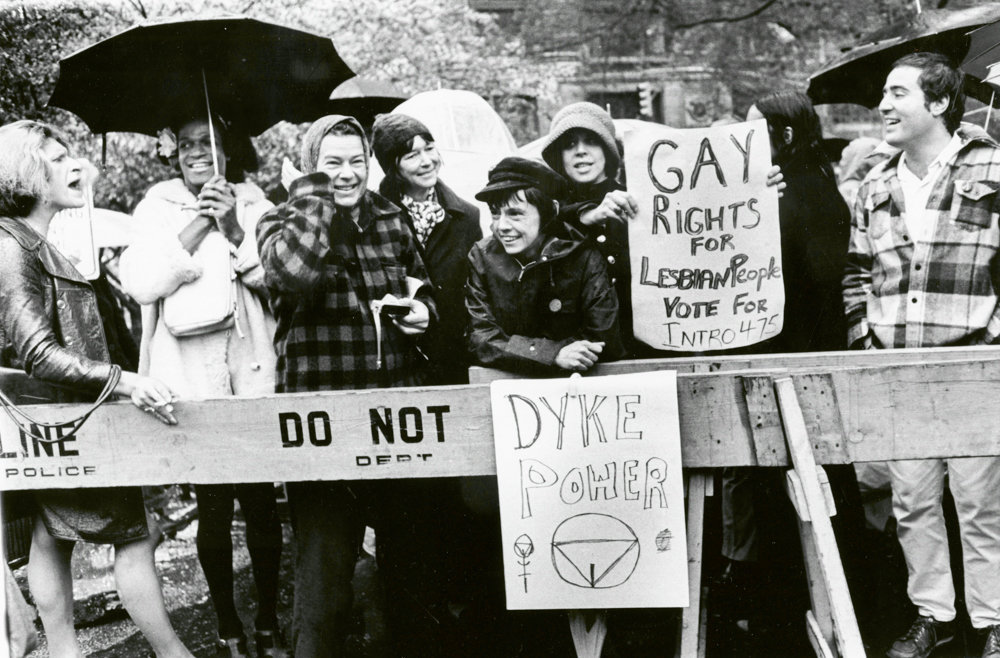
This month Clark College Libraries is celebrating queer pride! This is the first virtual display in a series that will cover different topics relating to pride month and the queer community, in collaboration with the Queer Penguins and Allies club. Our first topic is the history of LGBTQ+ Pride Month. LGBTQ+ Pride month is celebrated in June to commemorate the Stonewall Riots in 1969. The first Pride march was organized the following year, eventually evolving into a month of LGBTQ+ Pride celebrations across the United States. To learn about the timeline of the Queer Rights Movement, check out this timeline created by PBS. The National Parks Service also has a page about LGBTQ+ Heritage, including historical locations and educational resources.
Follow the links below to check out some ebooks, videos, articles, and other digital resources. To access ebooks click the link next to “Get It Now At:” and sign in with your lab username and password. Some may have a link at the top of the page that says “Check for full text” instead. Non-Clark Libraries resources do not require a Clark Labs account.
eBooks from Clark College Libraries
Outside Resources
Websites
“Founded in 1985, the Gay, Lesbian, Bisexual, Transgender (GLBT) Historical Society is recognized internationally as a leader in the field of LGBTQ public history. Our operations are centered around two sites: our GLBT Historical Society Museum, located since 2011 in the heart of San Francisco’s Castro neighborhood; and our Dr. John P. De Cecco Archives and Research Center, open to researchers in the Mid-Market district.”
Dragon Fruit Project: An Intergenerational API LGBTQ Oral History Project
“The Dragon Fruit Project is an intergenerational oral history project that explores queer Asian and Pacific Islanders and their experiences with love and activism in the 1960s, 70s, 80s, and 90s.”
The LGBT Community Center National History Archive
“The LGBT Community Center National History Archive is a community-based archive that collects, preserves and makes available to the public the documentation of LGBTQ lives and organizations centered in and around New York. Through our collections, we enable the stories and experiences of New York’s LGBTQ people to be told with historical depth and understanding.
Materials in the collections run from as early as 1878 to the present day, and are made up of a variety of media, including paper, scrapbooks, photographs, audio and video recordings, pamphlets and printed materials, posters and born-digital records. Holdings consist of personal papers created by individuals and records of organizations; periodicals (newspapers and magazines); organization files (printed matter created by organizations for their membership bases) and the organizational records of The Center.”
Articles
Don’t Let History Forget About Compton’s Cafeteria Riot – Neal Broverman, Advocate
“[Felicia] Flames knows that AIDS and Stonewall — the New York uprising that came three years after Compton’s — dominate the narrative of the modern LGBT rights movement, with mainstream films and TV shows documenting what happened there. But Compton’s is mostly forgotten, which is doubly disappointing; it was one of the first known acts of resistance by queer people to police brutality, and the issue of improper policing remains one of the nation’s biggest flashpoints. Targeting, improper arrests, and police violence remain a huge issue for LGBT people of color.”
Forty years after his death, Harvey Milk’s legacy still lives on – Tim Fitzsimmons, NBC News
“‘It’s not my victory, it’s yours and yours and yours,’ Harvey Milk said after winning a seat on the San Francisco Board of Supervisors in late 1977. ‘If a gay can win, it means there is hope that the system can work for all minorities if we fight. We’ve given them hope.’
A year after delivering that speech and making history as the first openly gay elected official in California — and one of the first in the country — Milk was gunned down at San Francisco City Hall on Nov. 27, 1978. He was just 48.”
“On Sunday, June 28, 1987, more than 200,000 attended the parade and celebration. The day was dedicated to the memory of people who had died of AIDS. Everyone in the plaza could see the multicolored quilt sections hanging from the mayor’s balcony. I finally had more than words to describe my vision. People could see it now. They lined up at our information booth to get copies of our first brochure with instructions for creating memorial-quilt panels. Those brochures would travel back to the home towns of all the visitors. Across America, people began to sew.”
12 Women Who Were Instrumental to the LGBTQ+ Rights Movement – , Shondaland
“Our history was paved by women who fought for our right to be ourselves, without fear or apology — but in our commemorations, the contributions of these women sometimes get left by the wayside.”
Stonewall Inn, a gay bar in New York’s Greenwich Village, on June 28, 1969.
“[Julian K.] Glover says that dismissing the roles played by black and Latinx trans women during Stonewall presents an ongoing contradiction in American society. The political and cultural contributions of black and Latinx trans women are deeply relied on for the progression of the LGBTQ community, but that same community is often left fending for themselves when it comes to securing access to resources necessary to survive.”
“LGBTQ and Same-Gender Loving African Americans have helped to shape the course of American history. At the National Museum of African American History and Culture, you can find these stories within our inaugural exhibitions. In an interview with the Center for Black Equity curator Aaron Bryant says,“It’s difficult to tell the story of African American history and culture without acknowledging the accomplishments and contributions of African Americans who cover a spectrum of identities and experiences, including gender identities and orientations. Our goal is to tell the story of America’s history through an African American lens, and so the museum embraces and celebrates the fact that black communities are diverse, as is American culture and history.”
Videos and Podcasts
“In 1969 the police raided the Stonewall Inn, a gay bar in New York City’s Greenwich Village, leading to three nights of rioting by the city’s gay community. With this outpouring of courage and unity the Gay Liberation Movement had begun.
After Stonewall, the sequel to Before Stonewall, chronicles the history of lesbian and gay life from the riots at Stonewall to the end of the century. It captures the hard work, struggles, tragic defeats and exciting victories experienced since them. It explores how AIDS literally changed the direction of the movement.”
“The Making Gay History podcast mines Eric Marcus’s decades old audio archive of rare interviews — conducted for his award-winning oral history of the LGBTQ civil rights movement — to create intimate, personal portraits of both known and long-forgotten champions, heroes, and witnesses to history.”
Billy Porter Gives A Brief History of Queer Political Action – them., Youtube
“Academy award-winning actor and singer Billy Porter takes us on a journey through time to explore the more obscure political actions that have changed the course of LGBTQIA+ history. Before that fateful day at Stonewall in 1969, there were nearly 50 years worth of queer political actions that took place but today, they are still overlooked when regarding modern history and civil rights movements.”
8 LGBTQ History Podcasts You’ll Learn A Lot From – JR Thorpe, Bustle
“Queer people have always shaped world history, even if historians have often been wary of talking about it. From ancient LGBTQ history, when Roman Emperor Hadrian built a city for his partner, Antinous, after the young man drowned in the Nile in AD 130, to more modern times, when Spanish poet Federico Garcia Lorca (seen in the statue above) brought his poetry into a world overrun by fascist ideology, there is a lot that’s been left out of the history books. Fortunately, LGBTQ history podcasts are stepping in to fill the gap, and these eight picks can help you broaden your knowledge.”
“Stonewall Forever brings together queer activists, experienced and new, to look at the movement for LGBTQ equality before, during and after Stonewall. It highlights trans people, people of color and homeless people who were at the forefront of the movement, and who have often been erased from the narrative. It explores how the activism of today stands on the shoulders of the activists who have come before. And it asks us all to recognize the legacy of Stonewall that remains today, when the struggle for queer rights is far from over.”
Featured Image Photo Credit: https://riverdalepress.com/stories/stonewall-50-years-later,69131
